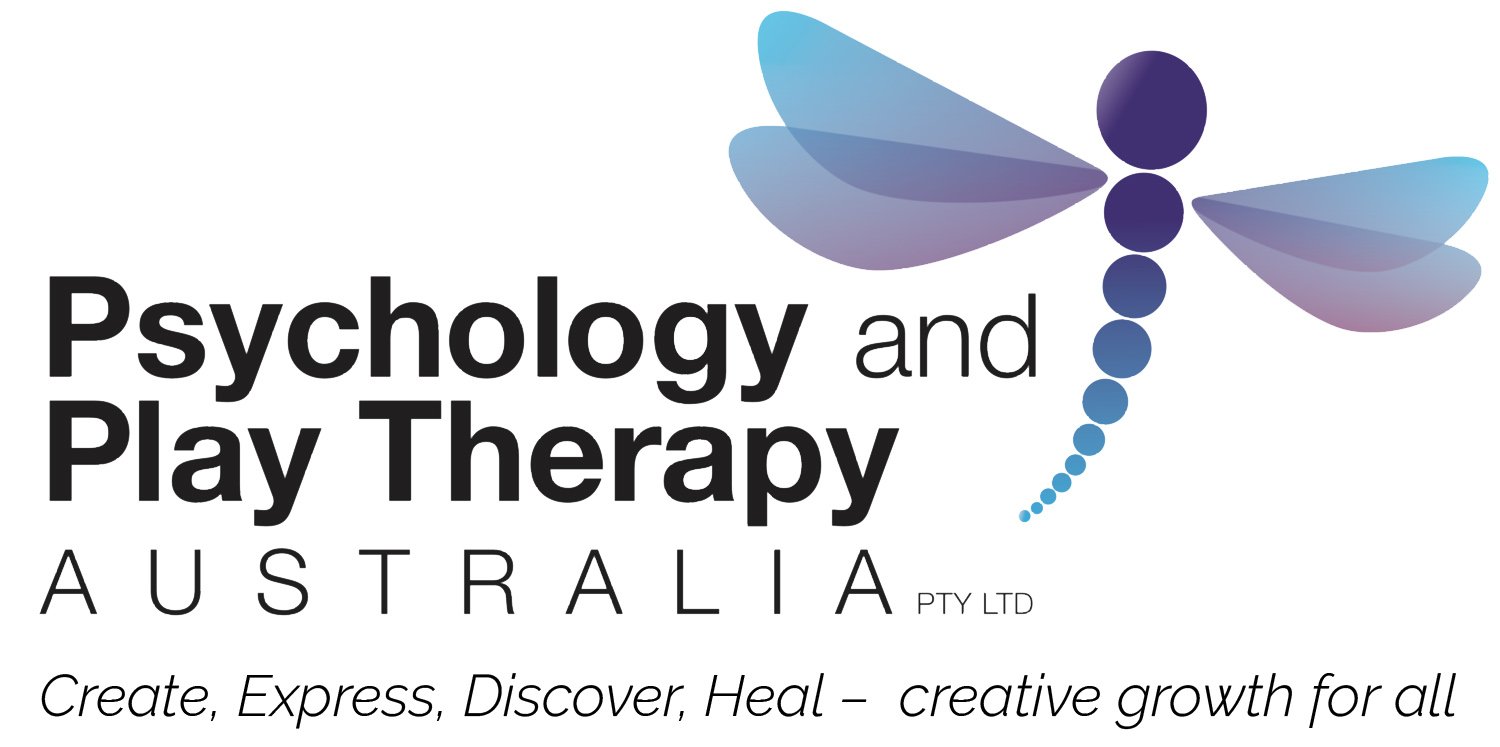Balancing the Tightrope: A brain-based, relationship-oriented approach to supervision (30 September)
Balancing the Tightrope: A brain-based, relationship-oriented approach to supervision (30 September)
Date: Monday 30th September, 2024
Time: 9:00am - 4:00pm AEST
Venue: ONLINE, attend LIVE
_____________________________________________________________
Masterclass Purpose:
Master class (Part 4) has been developed for psychologists who want to maintain their status as a Psychology Board of Australia (PsyBA)-approved supervisor (principal or secondary). Approved supervisors are eligible to enrol and attendance to this training will meet the requirements to maintain supervisory status for a further five years. Psychologists who are not currently a PsyBA-approved supervisor can use this workshop for general CPD purposes but cannot use this workshop to gain supervisor approval.
Masterclass Overview:
This PsyBA-approved Master class explores beyond the surface of competence and confidence, enhancing supervisors’ capacity to balance on the tightrope of the supervisory relationship to promote safety for deep learning while ensuring competency-based practice.
Of particular focus is a model of supervisory practice based in the neuroscience of leadership, seeking to understand the factors that activate both reward and threat neural circuitry of the supervisor and supervisee in their work, and in supervisory relationships and processes. This approach recognises the brain’s limbic system as fundamental to learning and works with supervisees to expand their vulnerability to effectively engage in the learning process.
This brain-based, relationship-oriented approach to supervision will be considered in the context of developmental models of professional development and therapist identity. An example of its application will be offered through research of what works in supervision in the child protection field.
This Masterclass employs highly reflective and experiential activities designed to deep dive into the intricacies of supervisory relationships and processes. Activities build on each to enhance supervisors’ knowledge and skills of supervision practices, evaluating and managing supervisory relationships and processes, and developing approaches that promote competency-based learning plans highly individualised to the unique needs and strengths of each supervisee. Role plays will also be used to integrate learnings into practice.
Key Learning Objectives:
1) Understand the role of neuroscience and brain-based supervision practices in promoting competency-based learning of supervisees
2) Identify the stages, phases and processes of professional and therapist development
3) Understand how a supervisee’s perception of safety enables learning through the application of interpersonal neuroscience principles
4) Conceptualise and apply the SCARF model of neuroleadership in a range of supervisory relationships, processes and situations, and approaches for managing these
5) Participate in reflective and experiential activities to enhance integration of theory to practice, and awareness of how these can also be used with supervisees
Who should attend?
This workshop is relevant for supervisors across the mental health and community services sectors, particularly those working in leadership roles, group private practices, and in the trauma field.
_____________________________________________________________
REGISTRATION DETAILS
On registration you will receive an email confirmation. Please keep an eye out for this email and if you don’t see it within 24 hours, please check your Junk/Spam folder in case it lands in there! Then mark us as a safe sender!
Access to workshop materials (e.g. PowerPoint presentation and other handouts) and the Zoom link will be provided via email to participants approximately 1 week prior to the LIVE workshop.
By registering for this series, you agree to the terms and conditions which can be found at: Terms and Conditions


